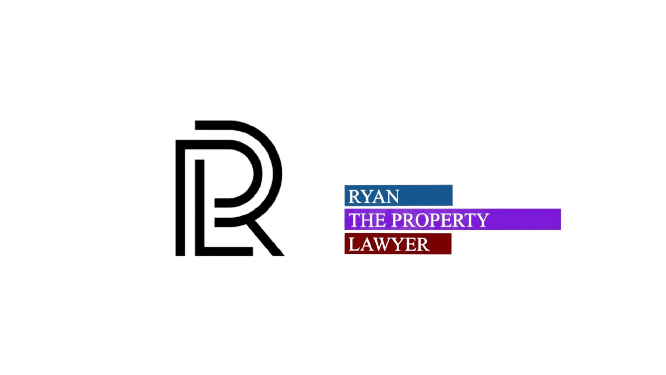Family, Friends & Business Associates, In our blog series on raising capital in Ontario via prospectus exemptions, this blog discusses the family, friends & business associates exemption (“FFBA”). Our post on the private issuer exemption may be found here.
The FFBA exemption is similar to the private issuer exemption, because, at some point, the company will become outgrow the private issuer exemption. Either it will have too many shareholders (more than 50), or it will have distributed shares to the “public”.
Effective in May 2015, the Ontario Securities Commission adopted the FFBA. This exemption had already been available everywhere in Canada except Ontario.
The FFBA exemption applicable in Ontario is outlined in National Instrument 45-106, and is subject to certain key definitions. It permits companies to raise investment capital from three categories of persons:
- Family members
- Close friends
- Close business associates.
Each is a defined term.
“Family” members consist of the spouse, parent, grandparent, brother, sister or child of a director, officer or control person of the company.
The definition of a “close personal friend” is outlined in the Companion Policy to National Instrument 450106:
A close personal friend…is an individual who knows the director, executive officer, founder or control person well enough and has known them for a sufficient period of time to be in position to assess their capabilities and trustworthiness…an individual is not a close personal friend solely because the individual is a relative…a member of the same organization, association or religious group, or…a former client or former customer..
Courts have held that a “close friend” involves a relationship of length and intimacy that distinguishes it from mere friendship or social acquaintanceship. In plain English, if you do not know how to get to the person’s bathroom in their house…then you are likely not a “close friend”.
Next, what is a “close business associate”?
An individual who has had sufficient prior business dealings with a director, executive officer, founder or control person of the issuer to be in a position to assess their capabilities and trustworthiness.
Prior to the codification of the “close business associate” exemption in Ontario securities law, the case law was narrowly interpreted; meaning, that investors need to actually have been in regular business with the founder or director for a number of years. It is not enough just to have done a few deals or investments with this person.
Once an investor is judged to be in one of these categories, then the company must have the investor sign risk acknowledgement forms, Risk Acknowledgement Form for Family, Friend and Business Associate Investors (Form 45-106F12). This form must be signed by (1) the investor, (2) the director, executive officer, control person or founder of the issuer with whom the investor has asserted the relationship (either directly or through the spouse of the director, executive officer, founder or control person), if applicable, and (3) the issuer.
It is important to note that the onus on establishing the existence of a family, close friend or business associate relationship is on the issuing company – not the investor. When completing these forms, it is good practice for the issuing company to obtain notes, records, and other evidence which clearly establishes that the investor fits into one of the categories under the FFBA exemption. It is not advisable for an issuing company to merely rely on the investor’s signature of the risk acknowledgement form alone.
We regularly advise investor and issuer clients on how to structure and manage their capital raising using the FFBA exemption. Contact our lawyers for a consultation.
Author Profile

Latest Blog
 Uncategorised22 December 2023What Constitutes a Legal Partnership in Ontario?
Uncategorised22 December 2023What Constitutes a Legal Partnership in Ontario? Uncategorised22 December 2023Characteristics of a Corporation in Ontario
Uncategorised22 December 2023Characteristics of a Corporation in Ontario Uncategorised22 December 2023Intentions Matter When Co-Owning Property
Uncategorised22 December 2023Intentions Matter When Co-Owning Property Uncategorised22 December 2023Consequences of Operating an Ontario Partnership
Uncategorised22 December 2023Consequences of Operating an Ontario Partnership




